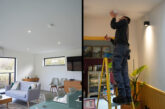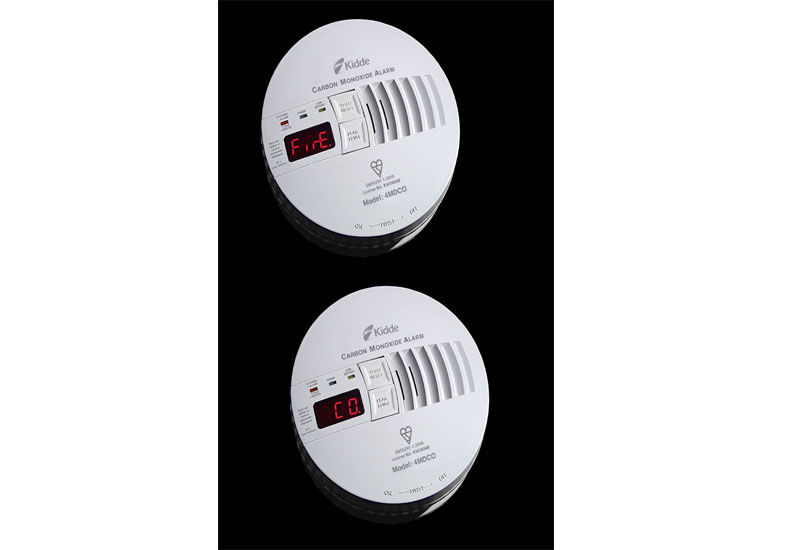
New data has revealed that cases of suspected carbon monoxide (CO) poisoning in children are on the rise across the UK.
Campaign group Project SHOUT tracks the numbers of those attending A&E with suspected carbon monoxide poisoning, which has exposed an increase in the number cases of under 18s since 2015, with more than 500 cases reported in the last year alone.
Children are particularly susceptible to the deadly gas, also known as the silent killer, as you can’t see it, smell it or taste it. Due to their less developed nervous system, and higher frequency of breaths leading to an increased consumption of oxygen, children process carbon monoxide differently than adults and may be more severely affected by it.
To compound the issue even further, recent research from npower discovered that only 4% of parents can identify symptoms of carbon monoxide poisoning.
The worse affected areas for children include
- East Anglia — 211% increase
- West Midlands — 58% increase
- London — 27% increase
- East Midlands — 27% increase
- South East — 17% increase
Cases of suspected CO poisoning are on the rise in general with the worst affected regions including:
- West Midlands — 91% increase
- London — 18% increase
- East Anglia — 15% increase
- Yorkshire — 11% increase
In Scotland, cases are up by 34% since 2015.
Approximately 50 people die each year from carbon monoxide poisoning and thousands more are treated in hospital.
Carbon monoxide is produced when fuel doesn’t burn properly, usually from badly fitted or poorly maintained appliances. Common sources of CO include: gas and oil boilers, gas hobs and fires, log burners, open fires and BBQ’s.
Key facts
Symptoms of CO poisoning are often mistaken for something else, particularly colds and flu. Common symptoms include: dizziness, headaches, nausea and generally feeling unwell.
Alarms are the only way to detect CO poisoning as you can’t see it, smell it or taste it. With two-thirds of homes unprotected by an alarm, an estimated 40 million people are at risk.
80% of residents in properties that do have an alarm admit that they have no idea whether it works or not as they never test it.
Staying safe
Make sure your gas appliances are initially installed and serviced regularly by a qualified Gas Safe registered engineer.
The Campaign group suggests the following advice: Know the symptoms, they are often mistaken for something else. Get an alarm; it’s the only way to detect the deadly gas. Know what to do if your alarm goes off.








